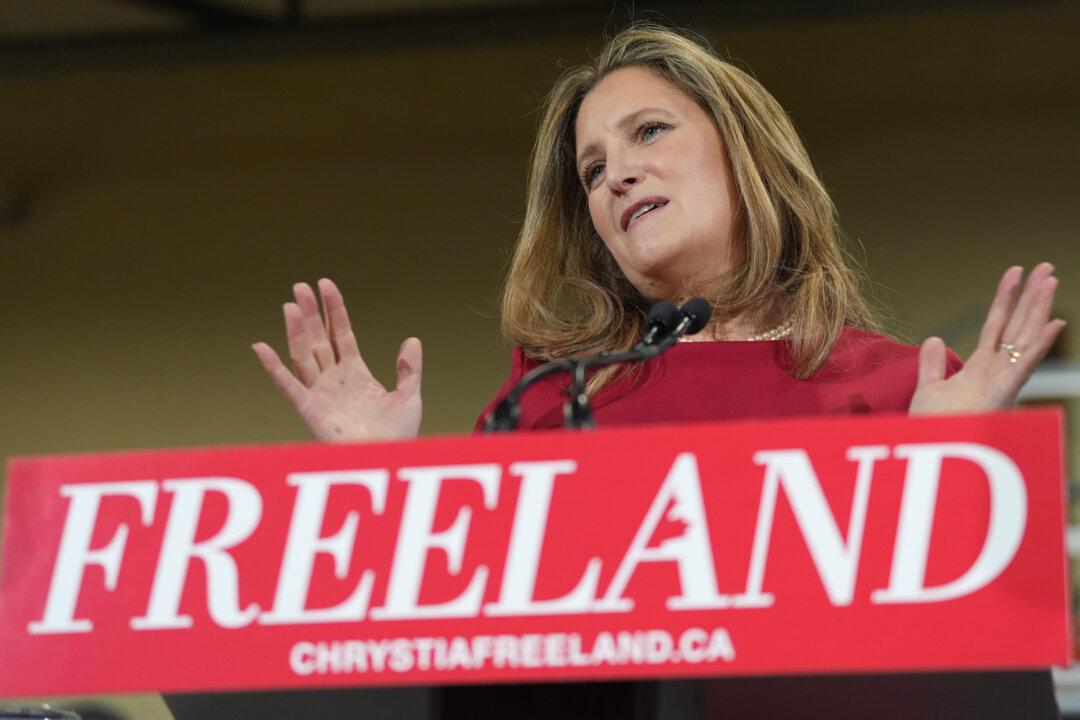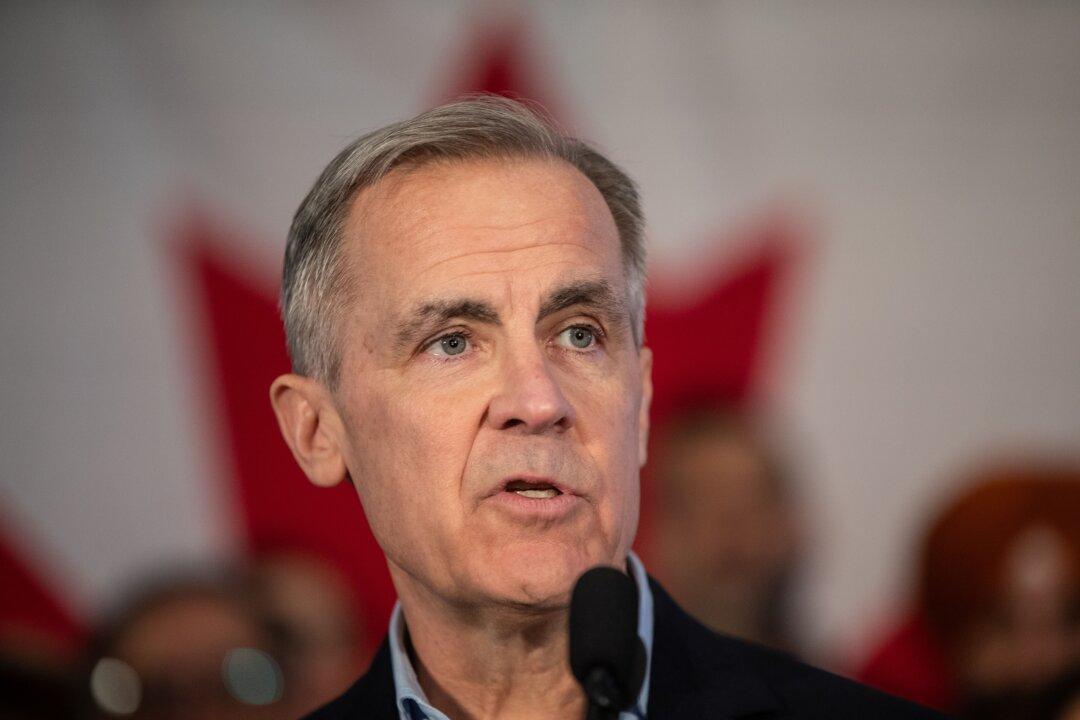In its latest consumer price index released Tuesday, Statistics Canada said Canadians continued to see prices soar at grocery stores last month compared with a year ago.
Meanwhile, Canadians saw some relief at the pump last month, paying 13.1 percent less compared with November. Statistics Canada said the price of crude oil dropped amid concerns of a slowing global economy.
December’s deceleration was also offset by increases in mortgage interest costs, clothing and footwear, and personal care supplies and equipment.
In a client note, BMO managing director of Canadian rates and macro strategist Benjamin Reitzes said though headline inflation eased, there was little improvement in core inflation.
“While the direction of inflation is at least mildly encouraging, there’s nothing in this report to keep the Bank of Canada from hiking rates another 25 (basis points) at next week’s policy meeting,” Reitzes said.
The Bank of Canada will be paying close attention to this latest inflation report as it gears up for its next interest rate decision on Jan. 25.
In addition to headline inflation, the central bank will also be looking at its preferred measures of inflation, which edged down slightly last month.
The latest consumer price index provides the final data points for inflation in 2022. Statistics Canada said the average inflation rate for 2022 was 6.8 percent, a 40-year high.
The average inflation rate was 3.4 percent in 2021.
Though much of high inflation has been driven by energy prices, the Canadian economy saw a broadening of inflation pressures in 2022.
Grocery prices were up 9.8 percent, marking the fastest pace since 1981.
The federal agency said prices for durable goods were up 6.2 percent while prices for services rose five percent.





